Spectacular Info About How To Stop Bleeding From Ulcerative Colitis
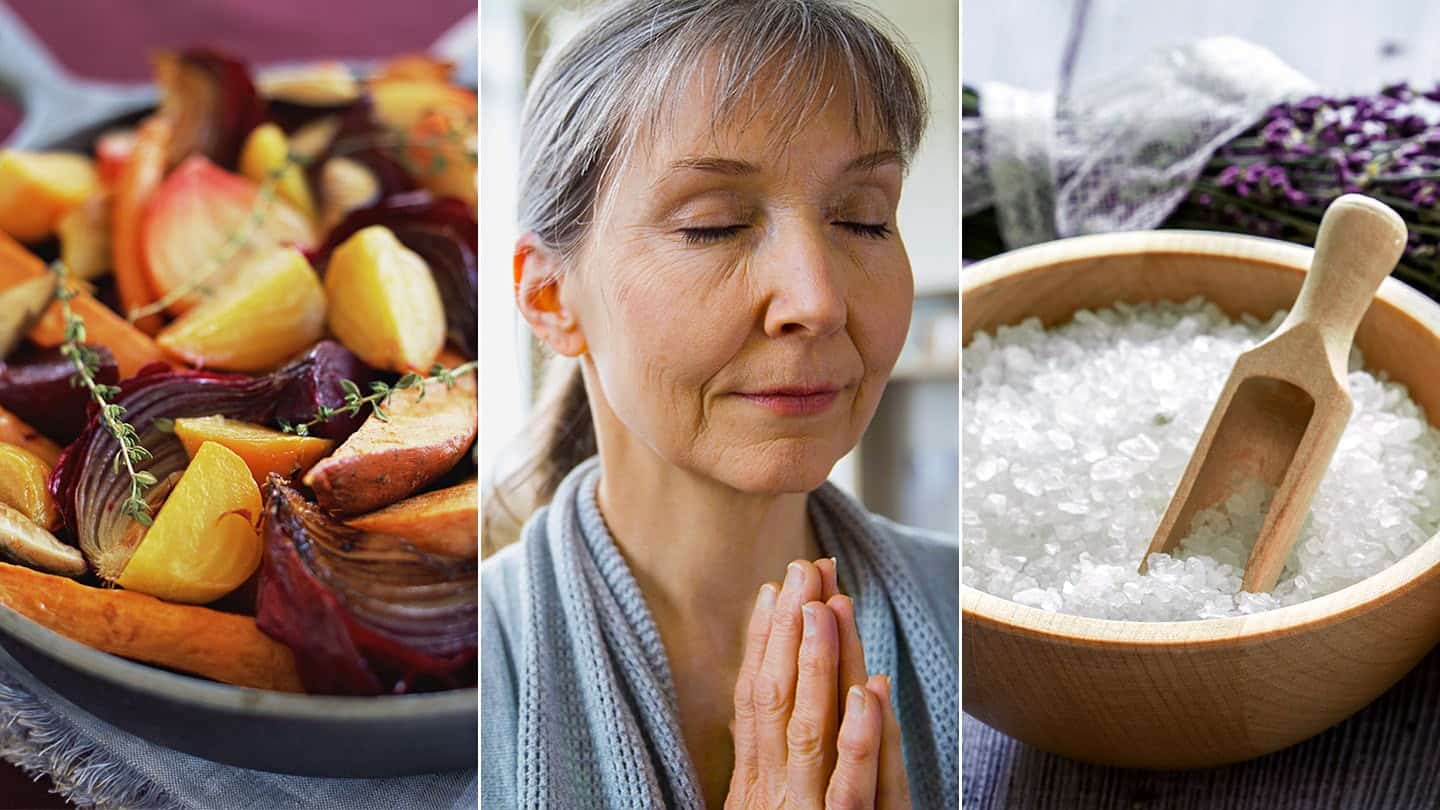
Ulcerative colitis and when to go to the hospital.
How to stop bleeding from ulcerative colitis. It shows up most often in very loose, watery stools. You may need more than one treatment. Can you lose too much blood from ulcerative colitis?
If you’re living with ulcerative colitis, you should learn to recognize what is acceptable rectal bleeding for your condition and when to get immediate medical. It may also cause signs and. Surgery to remove the colon is needed in some cases.
No doctor out there can prescribe a single medication and tell you 100% that your bleeding will stop in 3 days, or 2 weeks. Severe abdominal pain or swelling. More than 10 bowel movements a day.
How do you treat ulcerative colitis? Treatment typically involves medications to suppress inflammation, control symptoms and reduce complications. 4 once you have been.
These include consuming easily digestible foods, eating smaller meals, exercising. Ulcerative colitis is a chronic inflammatory bowel disease (ibd) that primarily affects the colon. aman. In more serious cases of blood loss, a.
How to stop rectal bleeding from ulcerative colitis. The disease can often be prevented from flaring up by taking medication, usually mesalazine, each day. Pseudopolyps form after inflammation clears and the bowel has healed.
Why does ulcerative colitis cause bloody stool? There’s no active inflammation, and the tissue looks just like the surrounding tissue when. Number 4 use supplements if necessary.
How to stop ulcerative colitis bleeding. People can try several strategies to minimize the severity of uc symptoms. Your best life with ulcerative colitis.
We have made great strides. Symptoms of toxicity, such as fever or an. Medications are often doctors’ first line of treatment for uc.
Mild cases of anemia can be treated by supplementing with iron, folic acid, and vitamin b12 to help form new blood cells. Ulcerative colitis (uc) is a type of inflammatory bowel disease (ibd) that primarily affects the large intestine ( colon ).
:max_bytes(150000):strip_icc()/remedies-for-ulcerative-colitis-89152-color-6f205cb8b6f94118b87c79a3d9fc4bea.jpg)

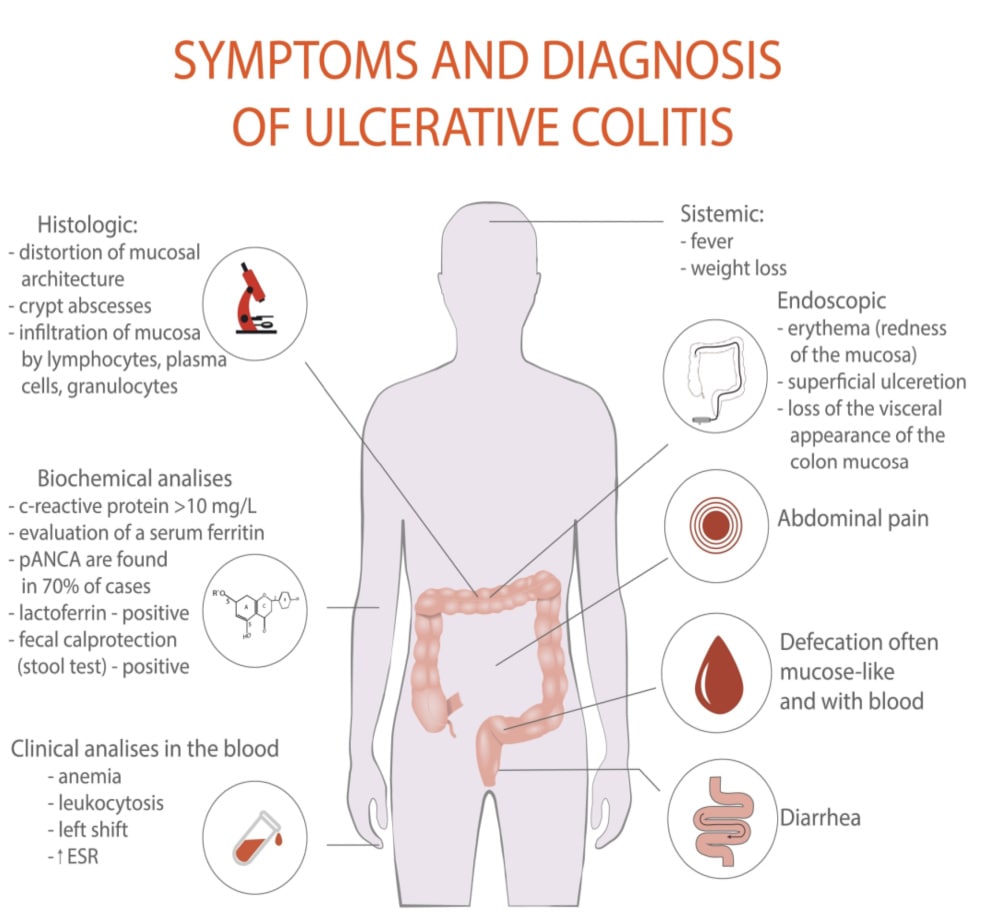
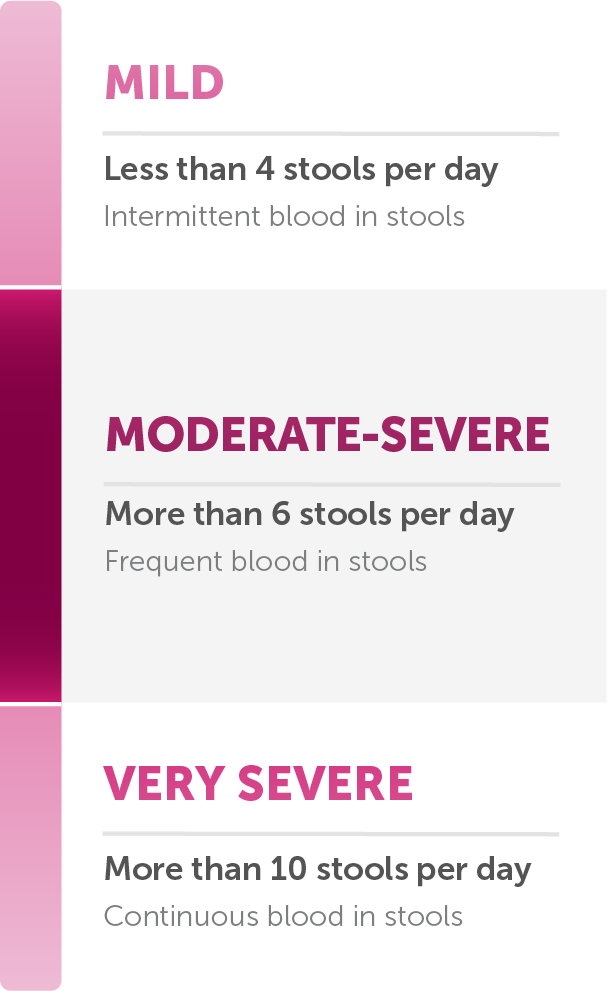
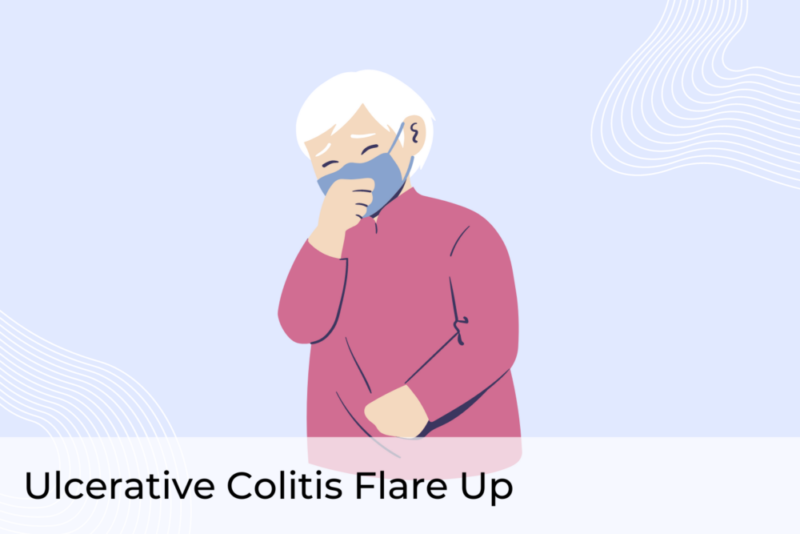
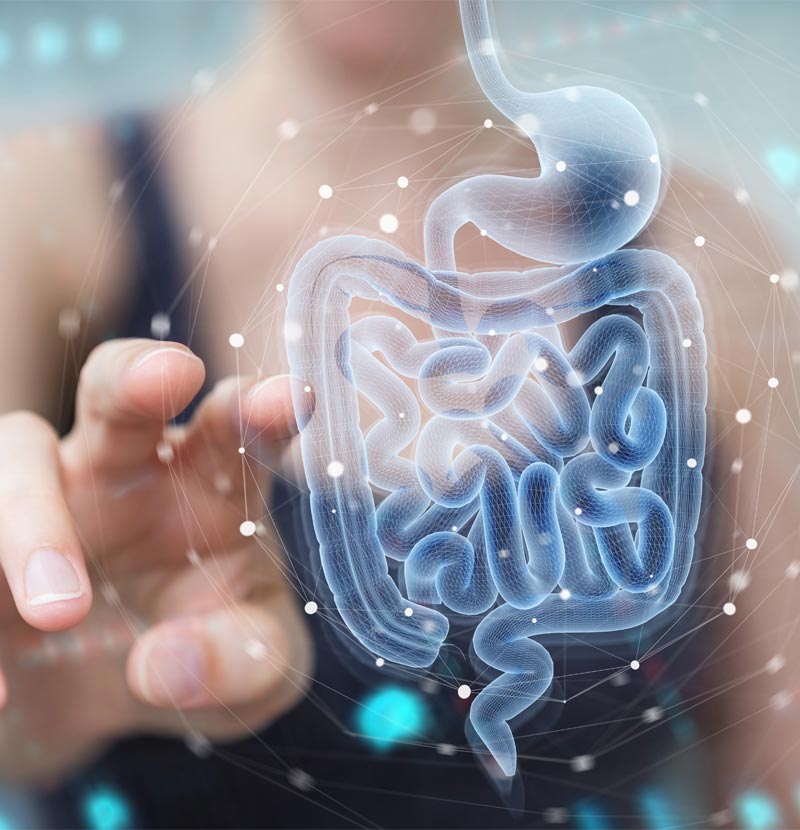
:max_bytes(150000):strip_icc()/managing-ulcerative-colitis-flare-ups-5204414-FINAL-f3e1784b9d0a4f6eb36af302d462f668.jpg)


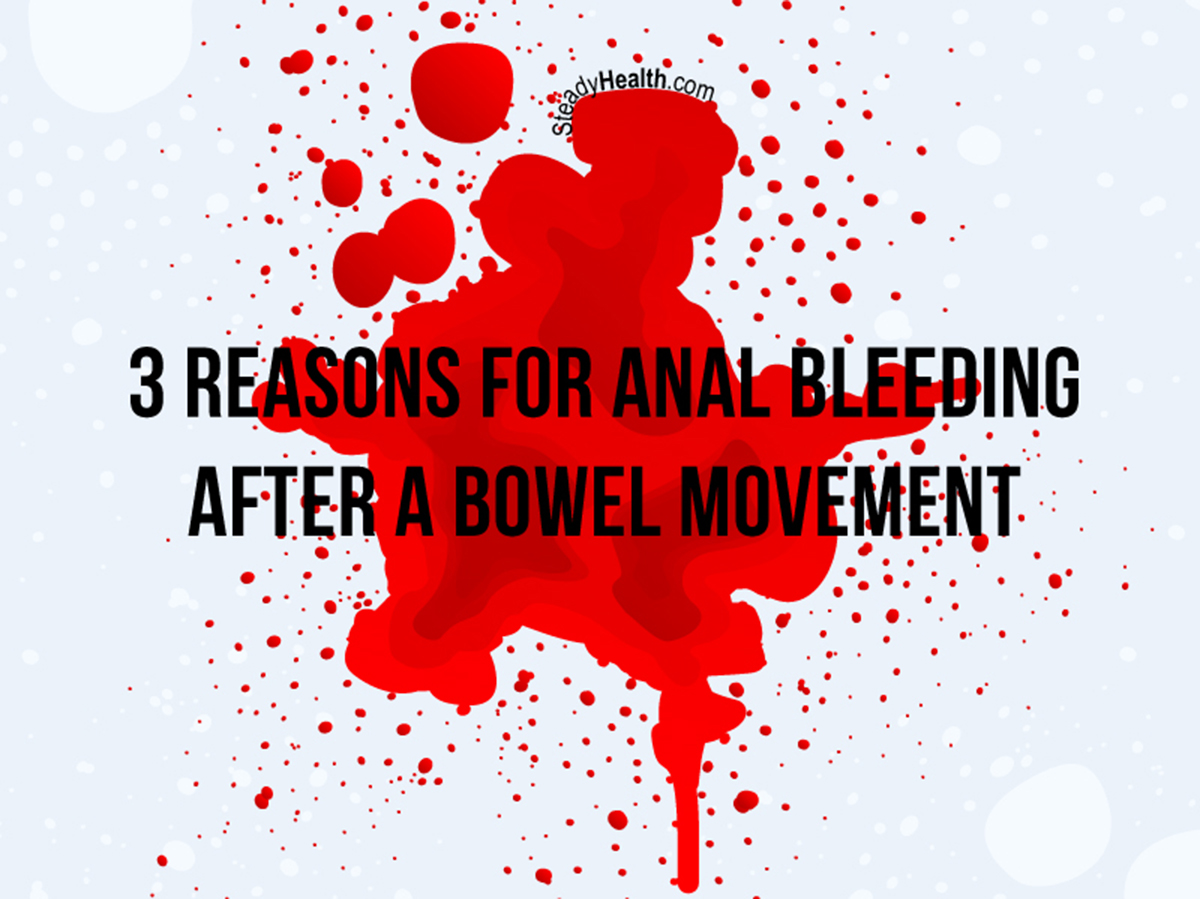


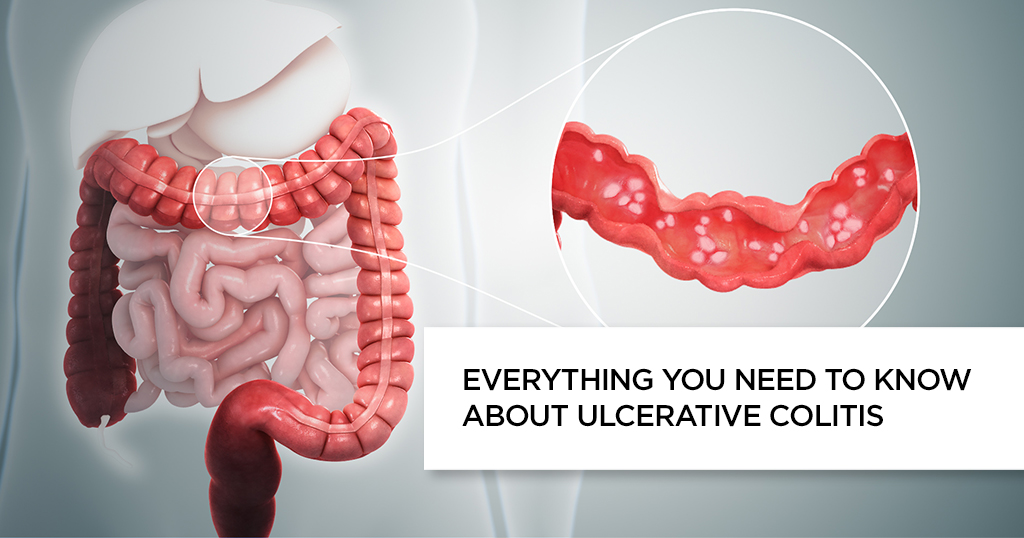



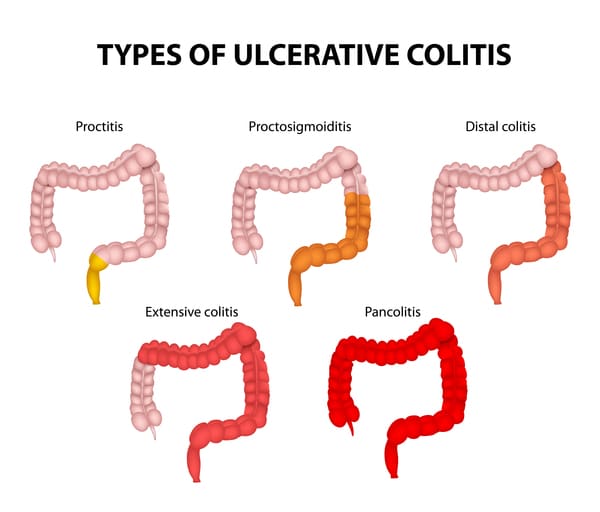
:max_bytes(150000):strip_icc()/ulcerative_colitis_symptoms-5b4fa6f6c9e77c005bf15bcb.png)
